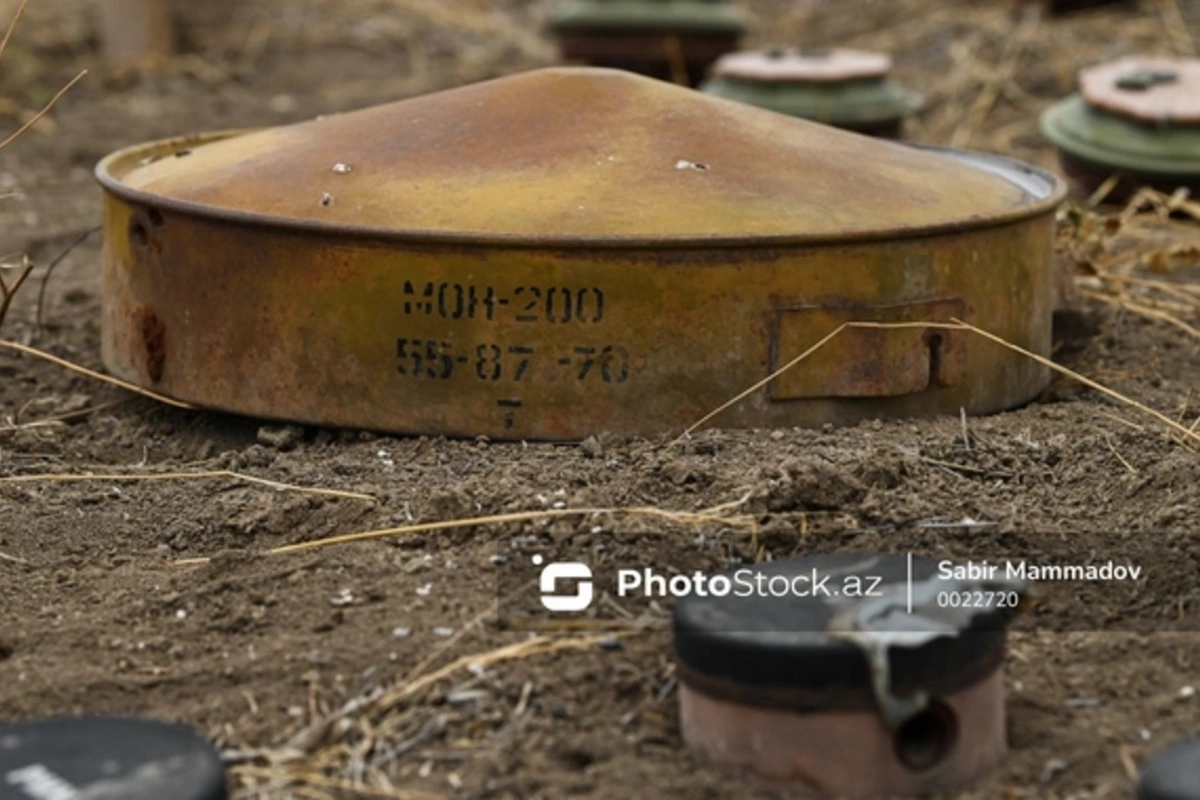24 Apr , 13:42
2

Estonia prepares to withdraw from the Ottawa Convention on the prohibition of anti-personnel mines
As reported by TUT.AZ, the Estonian government has approved a bill to withdraw the country from the international agreement prohibiting the use, production, and storage of anti-personnel mines. This was reported by the public broadcasting portal ERR.
"With this step, Estonia sends a clear signal that we are ready and able to use all necessary measures to protect our territory and freedom," said Estonian Foreign Minister Margus Tsahkna. The minister emphasized that withdrawal from the Ottawa Convention will not affect Estonia's commitment to comply with international law.
According to ERR, the next stage will be the Cabinet's submission of the bill on withdrawal from the convention to the Riigikogu (parliament), which will consider it in two readings.
Recall that on March 18, the defense ministers of Latvia, Lithuania, Poland, and Estonia issued a joint statement recommending their countries' leadership to withdraw from the Ottawa Convention. They justified their position by citing the significant increase in military threats to NATO member states bordering Russia and Belarus.
The Ottawa Convention on the prohibition of anti-personnel mines has been in effect since 1999 and unites 164 states. According to the International Committee of the Red Cross, this type of weaponry causes numerous civilian casualties and poses a danger for many years after the end of hostilities.
Latvia officially withdraws from the Ottawa Convention on anti-personnel mines
As reported by TUT.AZ, Latvian President Edgars Rinkēvičs has signed a law on the country's withdrawal from the Ottawa Convention prohibiting the use, production, and storage of anti-personnel mines. This is reported by the Delfi portal.
"Given the dynamics of the regional security situation, it is important for Latvia not to limit its flexibility of action and to have the ability to use various weapons systems and solutions to strengthen deterrence and ensure the protection of the state and its population," states the explanatory note to the law.
It is noted that Latvia maintains its obligations to minimize the impact of military operations on the civilian population and will continue to comply with international humanitarian law, including the protection of civilians during armed conflicts, ensuring the safety of their lives and property, as well as demining unexploded ordnance and assisting victims of armed conflicts both at the national and international levels.
It was previously reported that on April 16, the Latvian Saeima adopted in the final reading a law on the country's withdrawal from the Ottawa Convention, which prohibits the use, storage, and production of anti-personnel mines.
The Ottawa Convention was adopted in Oslo on September 18, 1997, and entered into force in 1999. More than 160 countries worldwide have joined it. Parties to the agreement commit to never under any circumstances use anti-personnel mines, as well as not to develop, produce, acquire, stockpile, retain, or transfer them to anyone - neither directly nor indirectly.